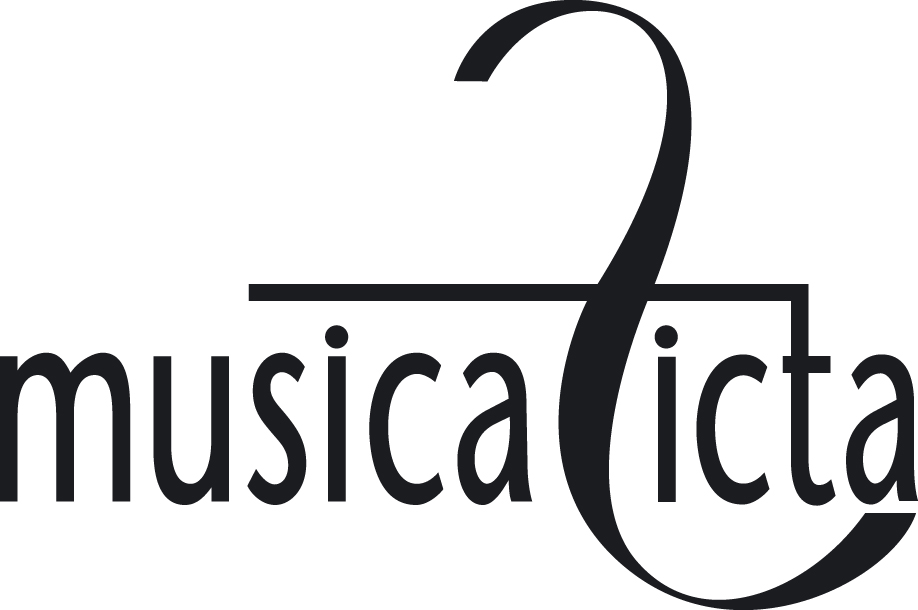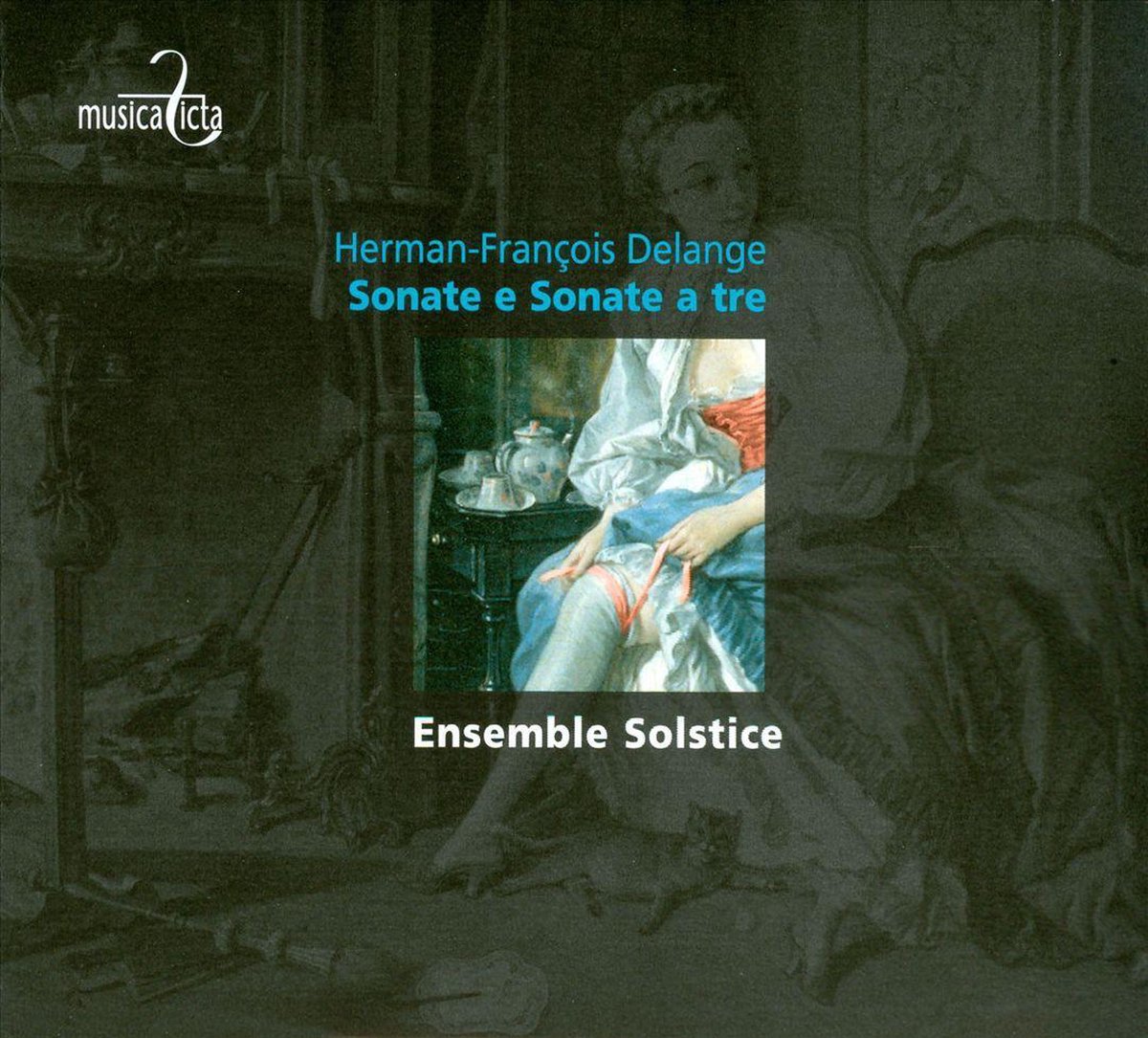During the 18th century, the Italian style had an influence upon musical production in Liège, affecting both instrumental and vocal music. The establishment in 1699 of the Collège Liégois in Rome was to play a significant part in this process of cultural importation.
Herman-François Delange, scholarships from the Darchis Foundation, was to exemplify this musical development. Particularly drawn to the Neapolitan school, he introduced its expressivity and its melodic colours to the prince-bishopric and so contributed to the establishment there of a typically Neapolitan Italianate style. He leaved us a body of work in the galant style with refined and pleasant melodies, modestly defining a bridge between the old baroque style and the advent of classicism. His few surviving works display a real talent and establish Delange as a significant figure in the development of chamber music in Belgium.
Durant le XVIIIe siècle, l’italianisme s’impose dans la production musicale liégeoise, que ce soit dans la musique instrumentale ou vocale. La création en 1699 du «Collège Liégeois» à Rome va jouer un rôle considérable dans cette importation culturelle.
Herman-François Delange, boursier de la Fondation Darchis, va marquer cette évolution musicale. Séduit en particulier par l’école napolitaine, il va introduire son expressivité, ses couleurs mélodiques dans la principauté épiscopale contribuant ainsi à y implanter un style italianisant typiquement napolitain. Il nous a laissé une œuvre de style galant aux mélodies raffinées et plaisantes, traçant modestement un pont entre l’ancien style baroque et l’avènement du classicisme. Les quelques pages qui nous sont parvenues témoignent d’un véritable talent et établissent Delange comme un jalon dans l’évolution de la musique de chambre en Belgique.

